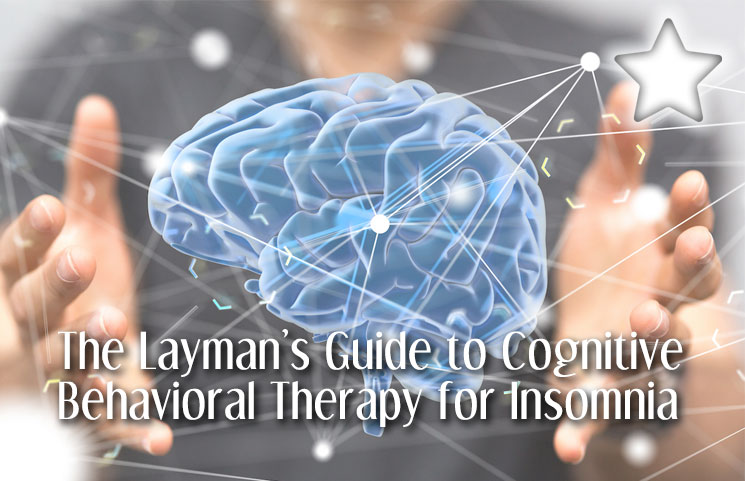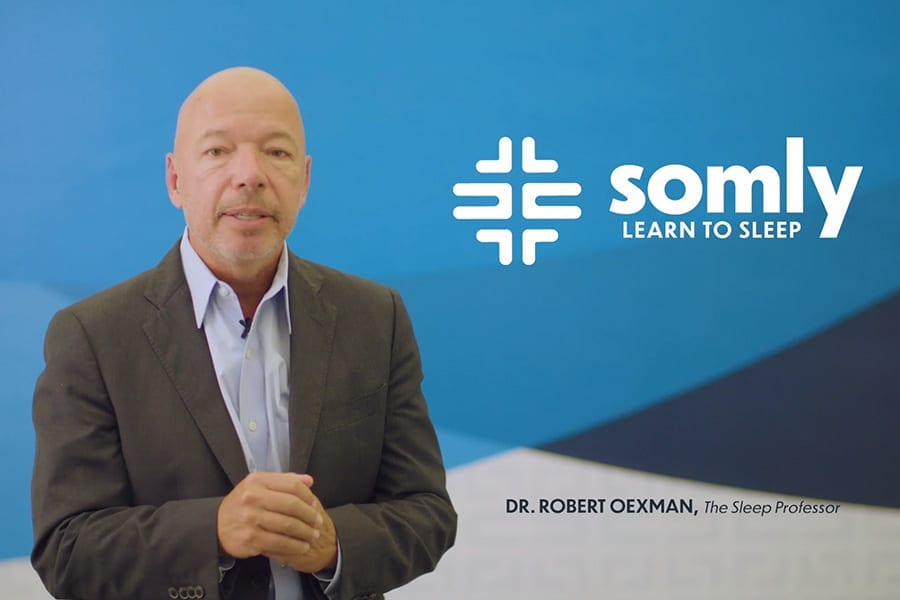

“The more you can accept a bad night’s sleep and know you’re building sleep drive, the easier it will be to get through it.” “If it’s later, that’s OK, because it ups your sleep drive and helps get your circadian sleep rhythm back,” said Miller. It’s “not sleep deprivation, but restoring the normal sleep schedule,” Miller explained.įor example, you might be directed to get up every morning at the same time and go to bed at the same time - or later - each night. Sleep drive can be increased by short-term restriction or compression of the amount of time you spend in bed. It’s known as your “sleep drive,” said Miller. The longer we’re awake, the more our need for sleep increases. “Something you can put down when you get sleepy so you can go back to bed,” Miller said. “Get up and find a quiet activity.” This might be reading a book, working on an art project, or even watching TV. “If you can’t sleep, get out of bed,” Miller said. Stimulus control works to improve sleep hygiene by limiting your time in bed.įor example, you might be told to get out of bed if you find yourself lying awake for more than 20 minutes, sometimes even less. People who experience insomnia tend to spend more time in bed being stressed about sleep, said Miller. Once you accept that it’s OK if you don’t sleep, it’s very freeing.” Stimulus control “That’s something we work on - what really happens if you don’t sleep. “People typically have the belief that if I don’t sleep, I will be a mess the next day or my health will suffer or my appearance will suffer,” said Miller. Miller noted that many people mistakenly believe that if they don’t get 8 hours of sleep per night, they’re falling short of what their body needs. “You have to change the way you think about sleep and sleeplessness.” The more awake they are, the more stressed they get,” Miller said.

“People feel really upset if they’re awake.
#Cognitive behavioral therapy for insomnia boston how to#
So, your sleep therapist may ask you to keep a diary for a couple of weeks to determine how to best address your insomnia. One of the first things therapists do to treat chronic insomnia is try to change patients’ thinking about sleep, particularly feelings of guilt and anxiety about not sleeping. There’s more physiology involved,” said Annie Miller, LCSW, a sleep therapist at DC Metro Sleep and Psychotherapy in Chevy Chase, Maryland.Īccording to the AASM, CBT-I methods include the following: Cognitive restructuring “What makes it different than regular CBT is that we’re working with the body and sleep drive. This includes developing healthy sleep habits through:Ĭognitive behavioral therapy techniques for insomniaĬBT-I combines tried-and-true psychotherapy techniques with established science about sleep. The behavioral part of CBT-I focuses on address problematic habits to promote better sleep. You’ll learn to reframe inaccurate or unhelpful thoughts about sleep. The cognitive part of CBT-I involves exploring and assessing your thoughts, feelings, and behaviors around sleep. “CBT replaces these with positive thoughts.” Brian Wind, chief clinical officer of the addiction treatment program JourneyPure.

They’ll help you come up with coping strategies so you can respond to problems more effectively.ĬBT-I is a form of CBT tailored specifically to address insomnia.ĬBT-I “focuses on the negative thoughts that people have about sleep, such as not being able to sleep or not being able to function optimally the next day due to insufficient sleep,” said Dr. In CBT, mental health professionals work with you to identify, address, and correct negative or inaccurate thinking and behaviors. CBT is a form of talk therapy, or psychotherapy.


 0 kommentar(er)
0 kommentar(er)
